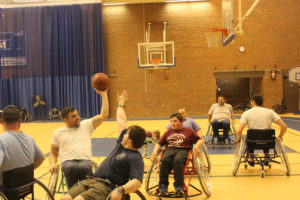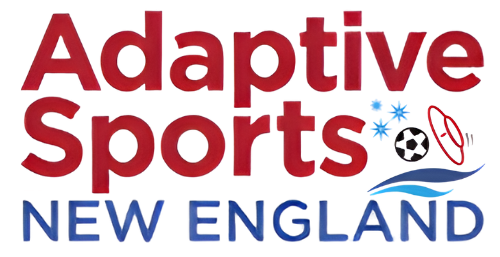
by Cameron Beattie; Emerson College
Ethan Linsky, Head Coach of the wheelchair basketball team for Adaptive Sports New England played collegiate wheelchair basketball at the University of Missouri and the University of Illinois. He gave lots of insight into what Adaptive Sports NE means to him. “I just think Adaptive Sports NE can do a lot for an individual. I personally was born with a disability so I didn’t experience a huge change in terms of being injured but sports are just a part of anyone’s life, no matter what physical status you are, right? There such a huge part of our culture, in a lot of good ways. They’ve done so much for me, just in terms of teaching me to be a professional, understanding the value of attention to detail, as well as working with other people which is all applicable to any position that you’re in anything you’re pursuing. I just think sports have done so much for me throughout my life I can’t imagine my life without them,” said Linsky.
Ethan told me about his personal experience with collegiate wheelchair basketball, “So in college, The demand was pretty high for both schools. We practiced in the morning. So we had gym time from 5:30 to like 8:30 usually or at least practiced two hours a day, it was a huge commitment, which again, I appreciate it but when I graduated, I was kind of happy to have that time.”
After college Ethan told me it was a unique process, “I had to totally shift focus a bit, but I still had that itch to compete and I wanted it to still be part of my life. My work gave me an opportunity to find people in Adaptive Sports Ne and I loved the idea of coaching. I definitely love to consider myself a student of sports more than an athlete. So that interest kind of fits well with being a coach. It’s been a really great match.”
Although he loves his work thus far, Ethan also was able to touch on some obstacles he has faced. “Something I didn’t know is how accessible equipment is for Adaptive Sports NE and how expensive it is? It really does limit a lot of people from being able to try it out and play as well. In college, my school would pay for my chair. Therefore, we had the highest level chairs and then when you leave, you got to give the chair back now so it’s another barrier, just like if I wanted to compete still, I would have to save up a lot and buy a chair.”
In terms of his future, Ethan hopes to one day start a college basketball team of his own, “I mean I would definitely love to start a program at the collegiate level. That would be a dream, for sure. But as of right now there’s a lot that has to come into play. I have to learn much more in order to really get up there but yeah, I’m young I’ve got time.”



Comments are closed